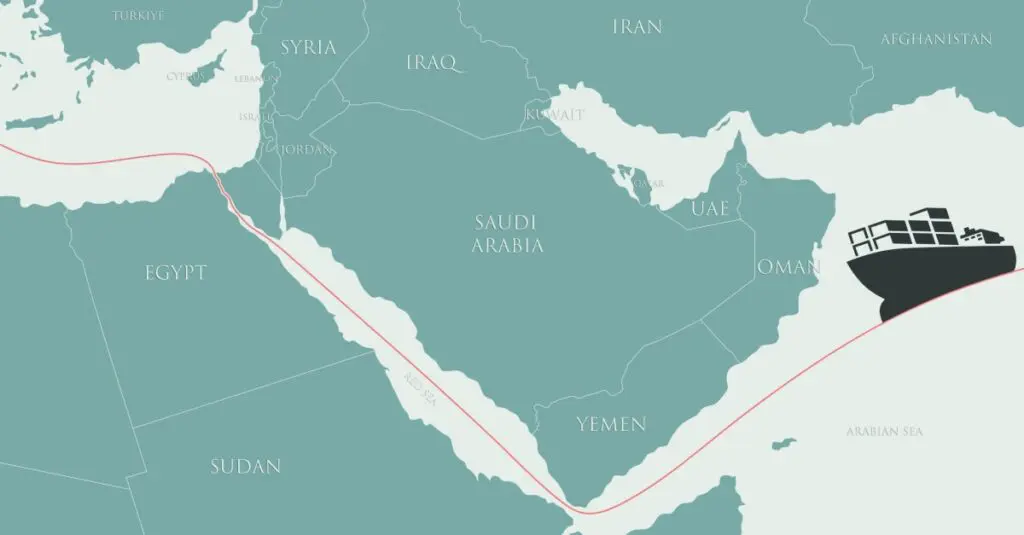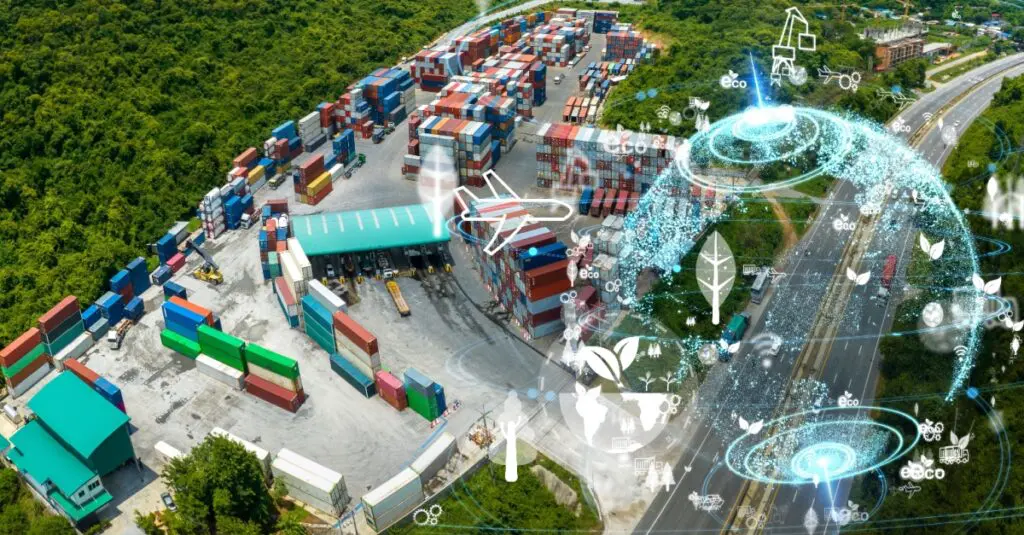
Something to Talk About: Topics Shaping Supply Chain
Tariffs have the entire world on edge, and the Supply Chain Now hosts are staying abreast of the very latest developments on the tariffs front to share them with listeners. But believe it or not, there’s a lot more going on in the world that affects the supply chain industry than tariffs, and Supply Chain Now is keeping listeners informed about all the topics important to them.
Tariffs, Of Course, and Government Regulations
The Trump administration has cranked up trade tensions with its 145% tariff on most imports from China and the end of the de minimis exemption that allowed packages worth less than $800 to enter the United States duty-free.
The Port of Los Angeles, the United States’ largest maritime gateway, is one of the American powerhouses that has been bracing for the impact. Port Executive Director Gene Seroka said on April 24 that he expected within the next two weeks container ship arrivals would “drop by 35% as essentially all shipments out of China for major retailers and manufacturers have ceased, and cargo coming out of Southeast Asia locations is much softer than normal.”
At Supply Chain Now, we’re constantly monitoring what’s happening in LA and Washington — and around the world — as the trade war continues to wage on.
On the domestic front, a slew of regulatory changes is expected under the Trump administration. For instance, the Guaranteeing Overtime for Truckers (GOT Truckers) Act has been reintroduced in both chambers of Congress to remove the trucking industry’s exemption from overtime pay requirements from the Fair Labor Standards Act.
Also in Washington, a Senate subcommittee was urged to do something about the alarming rise in cargo theft. The senators were told that broker fraud, shipment interception, and other forms of cargo theft are costing supply chains up to $35 billion annually.
“Since I began my testimony, a small business trucker has likely fallen prey to fraud that could jeopardize their entire business. That’s how commonplace freight fraud is becoming in trucking,” said Lewie Pugh, executive vice president of the Owner-Operator Independent Drivers Association.
The Economy and Workforce
Citing an Organisation for Economic Co-operation and Development (OECD) report, CNN said that “Trump’s tariffs could choke the global economy and reignite inflation at a precarious time.”
The OECD said the on-again, off-again tariffs have created increasing uncertainty for companies around the world, which are holding off on investments that could facilitate economic growth.
Tariffs are “a drag on global activity, incomes, and regular tax revenues,” the OECD said. “They also add to trade costs, raising the price of covered imported final goods for consumers and intermediate inputs for businesses.”
U.S. trucking companies apparently are among the businesses holding off on equipment investments. North American Class 8 orders plummeted 54% in April month over month and year over year, according to FTR Transportation Intelligence.
Dan Moyer, FTR Transportation Intelligence’s senior analyst of commercial vehicles, pointed out that “new and pending U.S. tariffs and retaliatory tariffs will significantly increase costs for Class 8 trucks, tractors, and related components.”
FreightWaves reported in early February that more than 7,100 workers tied to the freight industry had recently lost their jobs, and Brush Pass Research said over 3,000 freight brokerages shuttered in 2024. Supply Chain Dive reported on March 14 that 99 UPS workers at a sortation center in Charlotte, North Carolina, were losing their jobs as part of the parcel giant’s “efficiency reimagined” initiatives. In addition, the gouging of government departments continues, with USA Today saying the number of laid off federal employees could reach more than 100,000.
More and more American consumers may be concerned about the future of their employment. The Commerce Department reported that spending at U.S. retailers in February was much weaker than expected, down 1.7% month over month at department stores, down 1.5% at restaurants and bars, and down 1% at gas stations.
Artificial Intelligence and Automation
Amid all the uncertainty, one thing is for sure: Advanced technology is essential to the supply chain industry.
The use of artificial intelligence (AI) and automation in supply chain is no longer the exception. Supply chain stakeholders that aren’t taking advantage of AI and automation are being left behind.
Kraft Heinz, for example, is leveraging AI, machine learning, and a dedicated control tower to “create a self-driving, fully integrated supply chain with full visibility from farm to fork,” a company spokesman told Supply Chain Dive. And Hershey is automating processes as part of its $250 million Advancing Agility and Automation Initiative.
Among the companies using Kinaxis’ Maestro solution, described as “an AI-infused supply chain orchestration platform that provides real-time transparency and agility across the supply chain,” are Bel Group, the maker of Babybel and The Laughing Cow cheeses, and Stanley 1913, the trendy tumbler manufacturer.
Supply Chain Now is the Voice for All Things Supply Chain
When supply chain podcast listeners want to know the very latest on what is happening in the industry right now, they tune in to Supply Chain Now. Our industry-leading programs include:
Listen now to these programs as well as all our thought-provoking supply chain podcasts.
More Articles

Supply Chain Now’s Guide to the Red Sea Crisis

